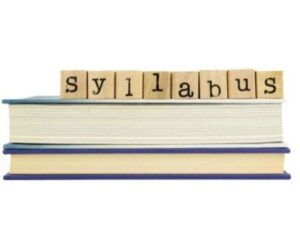
Whether you’ve had your first day of class or not, I always struggle with what to do with the syllabus this time of year. I want the students to use it, but I don’t want to spend valuable class time reading it to them. Find concrete ideas for how to engage students in your syllabus with the Higher Ed article, Starting off right with the syllabus.
